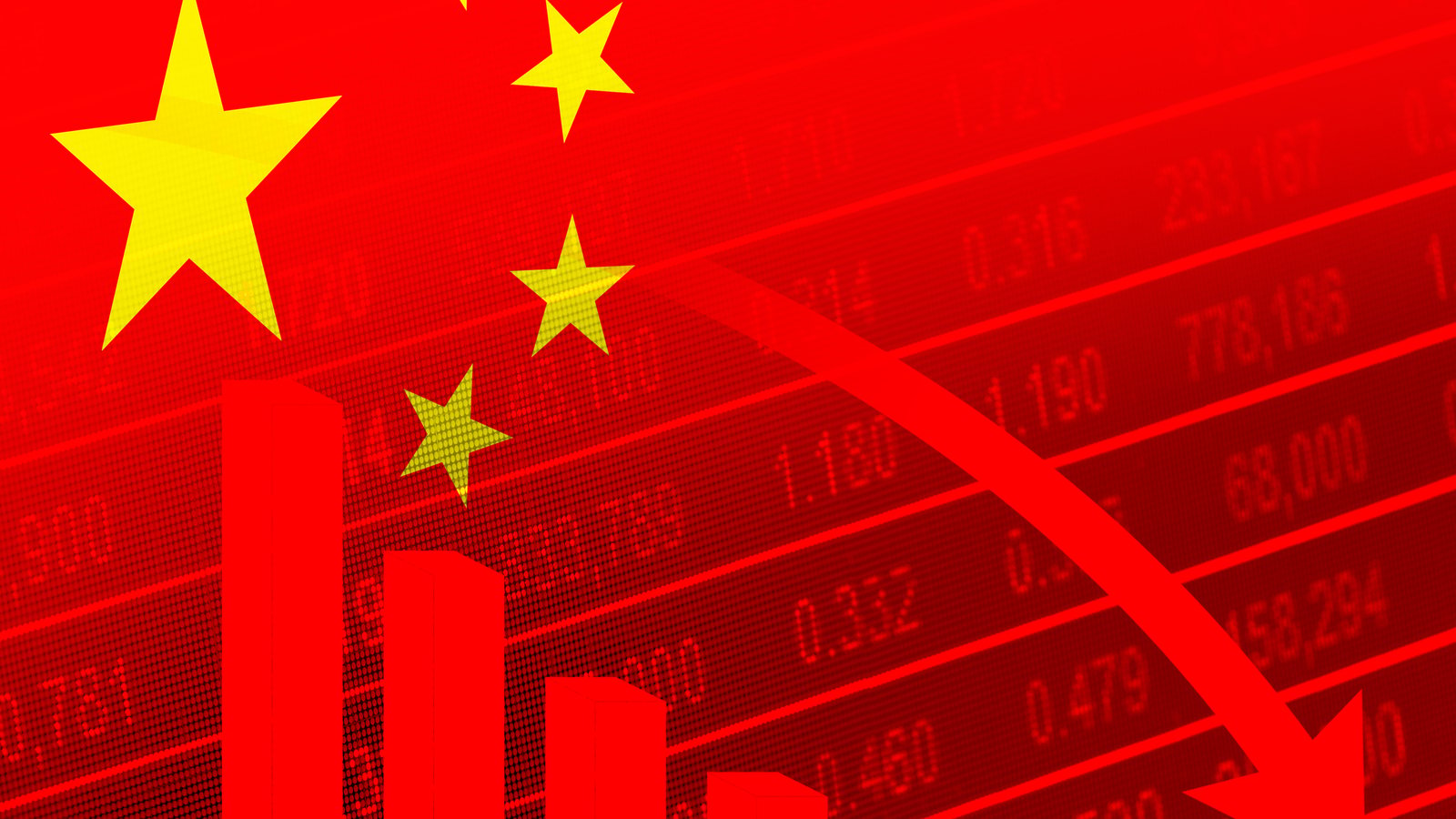American tech investors tossed Chinese tech stocks like Alibaba Group Holding (NYSE:BABA), JD.com (NASDAQ:JD), and Pinduoduo (NASDAQ:PDD) away months ago. I kept a few Alibaba shares, but their value is down by half.
Today, American tech stocks are also in a bear market. Money-losing stocks doing important work like Cloudflare (NYSE:NET) are down by more than the Chinese giants.
But if I have learned anything in 40 years covering technology, it’s that while tech can find a bear market first, it’s the first sector to climb out. That’s because tech delivers cost savings to businesses and consumers. This creates competitiveness. It can turn inflation into deflation by improving supply chains and replacing management.
With both eastern and western economies tipping into a recession, it might be time to look again at Chinese tech stocks.
| Ticker | Company | Price |
| BABA | Alibaba | $98.69 |
| JD | JD.com | $58.46 |
| PDD | Pinduoduo | $54.17 |
Chinese Tech Stocks: The Bottom Is Here
The bull case for Chinese tech is that the tech crackdown may have some salutary effects. Most of the Chinese government’s actions mirror what European and American reformers have sought, like protection of data, limits on monopolies and greater contributions to the general welfare.
Alibaba has been especially hard hit, but it hasn’t been killed. Revenue for the quarter ending in December was $38 billion, 10% ahead of a year earlier. It’s expected to match that in the March quarter, which will be reported May 26. Analysts also expect $1.15/share of earnings, with a “whisper number” of $1.31.
Investors were paying about $99/share for this on June 13. That’s still 29 times the last year’s depressed earnings. It’s also in the face of a yuan that is currently depressed against the U.S. currency, thanks to pandemic lockdowns, trading for nearly 4.6% less than a year ago at 6.75 to the dollar.
The Investment Battlefield
The bear case can be summarized in one word: Communism.
The government of Xi Jinping is no different than Mao Zedong’s, goes the argument. It seeks only power for its own sake. It’s fundamentally intolerant of freedom and capitalism. It’s an evil empire, committing genocide in Xinjiang, stamping out all liberty in Hong Kong, threatening Taiwan with invasion. Those threats have escalated as Xi approaches his re-election this October.
If you see China as Ukranians see Russia, you shouldn’t have read this far. But why, then, did JD.com recently beat estimates, sending the stock back up over 5%? Writing at Tipranks recently, our David Moadel called JD “a winner,” despite the crackdown, and despite the lockdown. Other Chinese tech stocks, including Pinduoduo, rose when the JD earnings came out. JPMorgan Chase (NYSE:JPM) upgraded the sector.
I remain especially high on Alibaba because of its cloud, which exports services throughout East Asia and has entered Europe. China’s government wants its tech leaders to be exporters, just like governments throughout East Asia. Alibaba’s cloud offers not just storage and a platform, but supply chain and accounting services as well. This gives it more of its customers’ computing dollar than any U.S. cloud czar can hope for, even Microsoft (NASDAQ:MSFT).
As with South Korea, China’s government has focused its tech policy on self-sufficiency. Once a technology becomes self-sufficient, it wants its leaders to export. Alibaba now seems aligned with this policy.
Chinese Tech Stocks: The Bottom Line
Chinese tech hit bottom during the December and March quarters. The currency’s value has also dropped in recent months, meaning you can get more stock for your dollar.
Profits are down but they’re starting to rise, as consumer-oriented companies turn to exports for growth. The lockdowns will end, and the government will focus new investment on hardware. The government must allow the economy to grow to maintain popular support. My belief is Xi won’t risk “the mandate of heaven” over this.
Alibaba, JD.Com, Pinduoduo and the other Chinese stocks now trading on American exchanges may never hit the heights again. But I think they’re more likely to rise than their American counterparts over the next six months.
On the date of publication, Dana Blankenhorn held long positions in BABA, NET, and MSFT. The opinions expressed in this article are those of the writer, subject to the InvestorPlace.com Publishing Guidelines.
Dana Blankenhorn has been a financial and technology journalist since 1978. He is the author of Technology’s Big Bang: Yesterday, Today and Tomorrow with Moore’s Law, available at the Amazon Kindle store. Write him at [email protected], tweet him at @danablankenhorn, or subscribe to his Substack.
